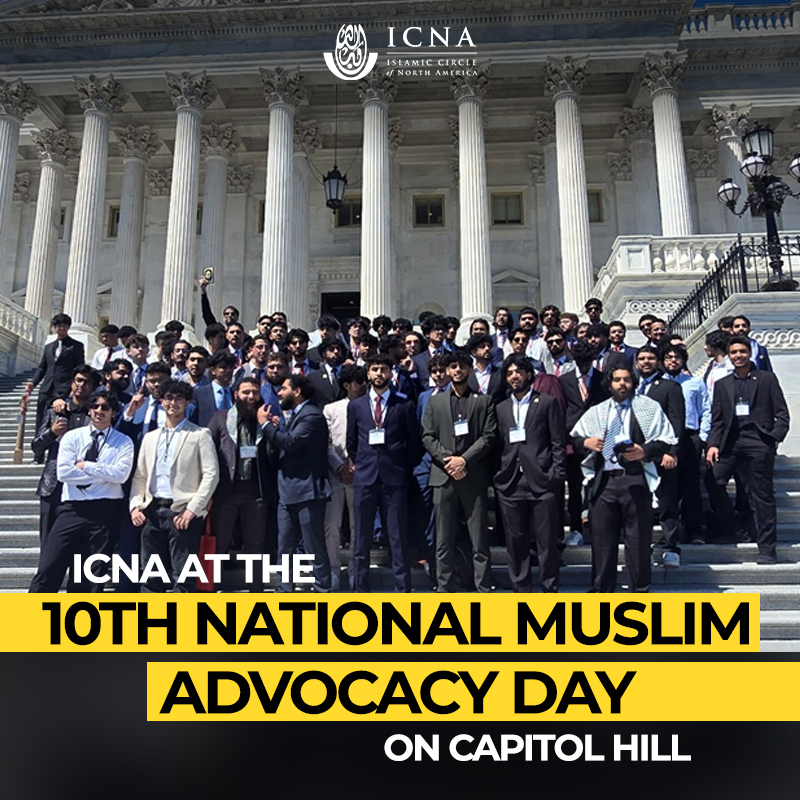
Black History Month is an opportunity to recognize the contributions and impact of Muslims within the Black community in the U.S. The intersection of African American history and Islamic history contains many key aspects.
Historical points of contact:
- Early Muslim presence in America There are accounts of Muslims arriving in America long before the United States existed. Some scholars record that as early as 889, a Muslim from Spain traveled across the Atlantic Ocean. In the early 1300s, King Abu Bakari I of Mali led an expedition to the Western Hemisphere. Evidence of this includes corn from the Mali empire discovered in Central and South America, as well as cave drawings in Arizona depicting dark-skinned people with elephants.
- Arrival of enslaved Muslims Between 10% and 30% of the more than 10 million enslaved Africans brought to the Americas between 1530 were believed to be Muslims. Many maintained their Islamic faith throughout their enslavement. Some examples of enslaved Muslims include Ayyub ibn Sulaiman Jallon (Job Ben Soloman), who was the first known Hafiz in America. Bilali Muhammad, was a plantation manager who built the first known Masjid on Sapelo Island in 1824. Omar ibn Said, was an educated Muslim who was captured and enslaved. Yarrow Mamout, an enslaved African Muslim, bought his own freedom and became a wealthy businessman.
- Revolutionary War African Muslims also fought alongside colonists during the Revolutionary War.
- Post-Civil War The presence of Muslims existed in the Civil War. For example, Nicholas Said served in the 55th U.S. Colored Infantry Regiment.
20th and 21st Century milestones:
- Recognition of Islam Thanks to WWII Veteran Abdullah Igram, Islam was recognized as an official religion in the U.S. military under President Eisenhower in 1952.
- Civil Rights Era During the Civil Rights Movement, many African Americans converted to Islam. Some notable figures include Malcolm X, who advocated for human rights. Also, Muhammad Ali, who refused induction into the U.S. Army citing religious reasons.
- Influence on Black Nationalism Duse Muhammad Ali and Marcus Garvey had a considerable impact upon Garvey’s movement. Under the leadership of Stokely Carmichael, SNCC was influenced more by the idea of Black Nationalism.
- Political Representation Charles Bilal became the first Muslim Mayor of a U.S. City. Keith Ellison was the first Muslim elected to the U.S. Congress. Andre Carson was the second Muslim elected to the U.S. Congress.
- Athletes Kareem Abdul-Jabbar converted to Islam. Hakeem Olajuwan founded the “Islamic Da’wah Center” in downtown Houston to help educate people about Islam. Ibtihaj Muhammed is a U.S.A. Bronze Medalist in the Team Saber event.
- Awards and Recognition Muhammed Ali became the 1st Muslim to receive the highest civilian award in 2005. Kareem Abdul-Jabbar was awarded the Presidential Medal of Freedom in 2016. Mahershala Ali won the Academy Award for Best Supporting Actor for “Moonlight” and “Greenbook”.
- Female Public Servants Some examples include Yaphett El-Amin, Jamilah Nasheed, Leticia Plummer, Deqa Dhalac.
LATEST NEWS
May 2, 2025
Alhamdulillah, ICNA marked a historic presence at the 10th Annual National Muslim Advocacy Day on Capitol Hill, hosted by the U.S. Council of Muslim Organizations (USCMO). This milestone event brought together Muslim leaders, activists, and constituents from across the nation to…





